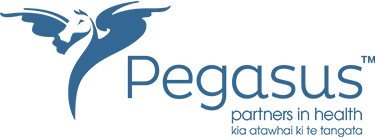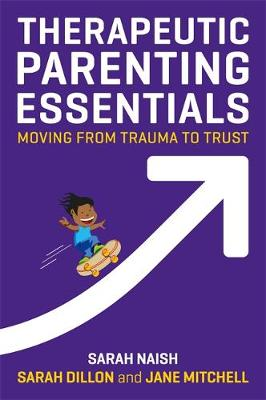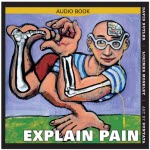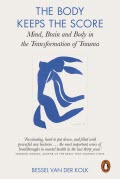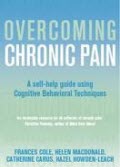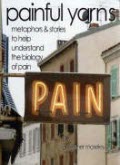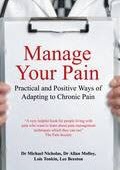The following is a list of recommended books and resources about pain and trauma. The Location(s) available column shows where these books are available, eg, from your local Christchurch City Library (CCL) and/or from the Mental Health Education and Resource Centre (MHERC).
Books can be reserved online and checked out by visiting CCL or MHERC. If a book is not available, a librarian may be able to suggest another book or place a hold on a book. To borrow or place a hold on a book, you must be a member of the library. MHERC can post books and other resources out to its users, including those living in rural areas, and will include a post-paid bag for returning books. Once read, books need to be returned to the library.
< Go back to the Mental Health books & resources topic list
